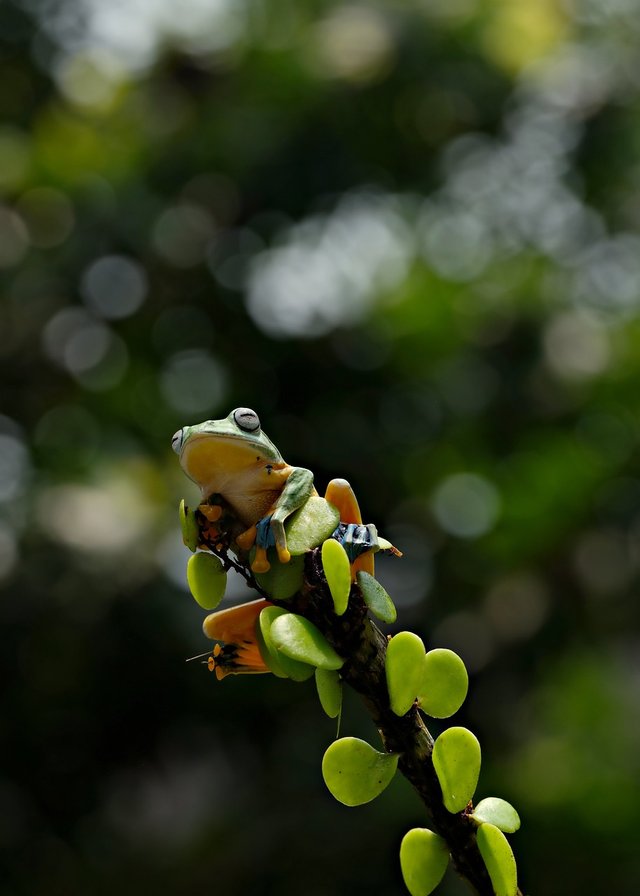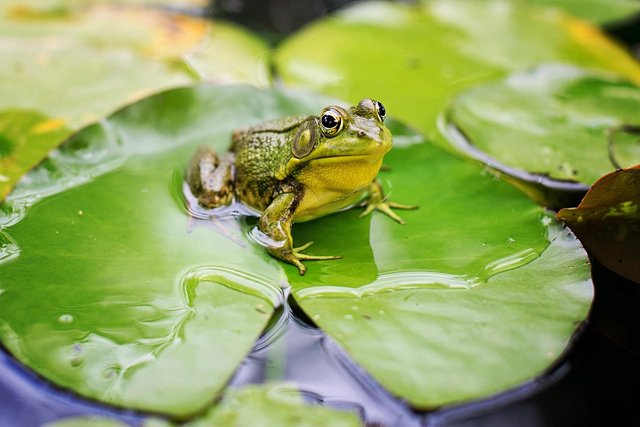Get to know poisonous frogs that you need to watch out for

Poisonous toads, or what are often referred to as poisonous frogs, are amphibious creatures that are famous for their deadly or poisonous venom. This group of frogs is generally found in various parts of the world, including Central and South America, as well as in Australia and several islands in the Pacific. They belong to the Dendrobatidae family and live mostly in humid tropical rainforests.
One of the main characteristics of poisonous frogs is the bright and striking color of their body. These bright colors, such as red, yellow, blue, or orange, act as a warning to predators that these toads are dangerous or poisonous. While not all poisonous toads have deadly venom, most of them have toxic compounds strong enough to harm or even kill predators that try to prey on them.

Poisonous toads obtain their poison from the food they consume in the wild, which can include insects, spiders, or even other small animals. This poison is then stored in their skin glands, and in some species, the process of producing this poison depends on the food they eat.
Despite their deadly poison, poisonous toads are very important in tropical rainforest ecosystems. They play a role in the food chain by influencing the populations of the insects and other small animals they eat. Apart from that, poisonous frogs are also an important study in biology and pharmacy because their poison has the potential to be used in the development of medicines.
Poisonous toads are known for their unique reproductive and offspring care patterns. Some species have very complex reproductive strategies, such as hatching their eggs in a safe place and caring for their larvae until they are large enough to live independently. Some species are even famous because the female lays her eggs on leaves or in tree trunks flooded with rainwater, so that when the eggs hatch, the larvae fall into the water where they will grow into young frogs.

However, the poisonous frog's natural habitat is increasingly threatened by deforestation and climate change. Habitat loss can lead to population declines and even extinction of some poisonous frog species. Habitat protection and conservation efforts are critical to ensuring the future survival of poisonous toads.
Overall, poisonous toads are interesting and important creatures in tropical rainforest ecosystems. Despite their reputation as dangerous animals, they also provide many scientific benefits and can be invaluable indicators of the health of wild environments.
Upvoted. Thank You for sending some of your rewards to @null. It will make Steem stronger.